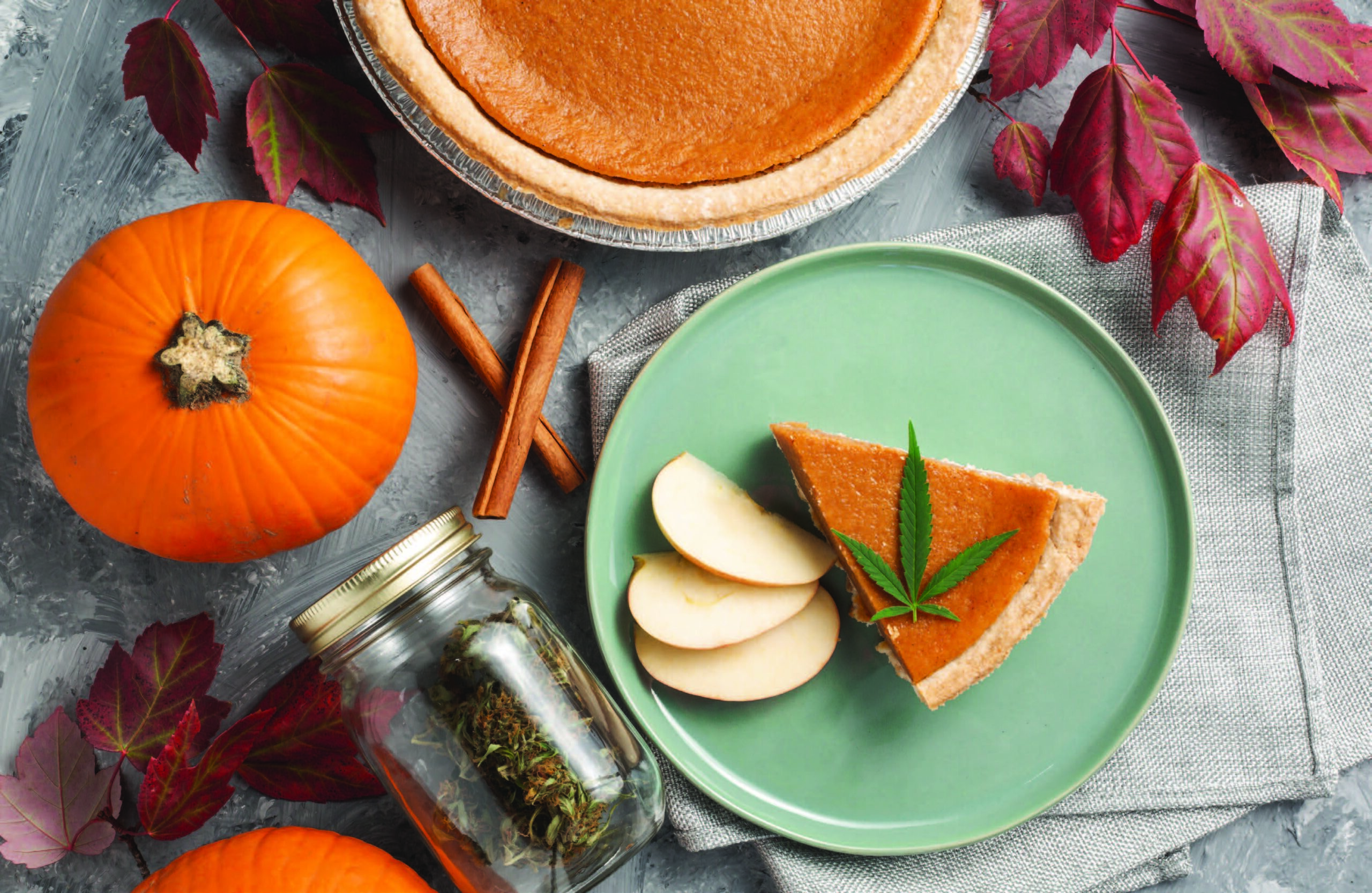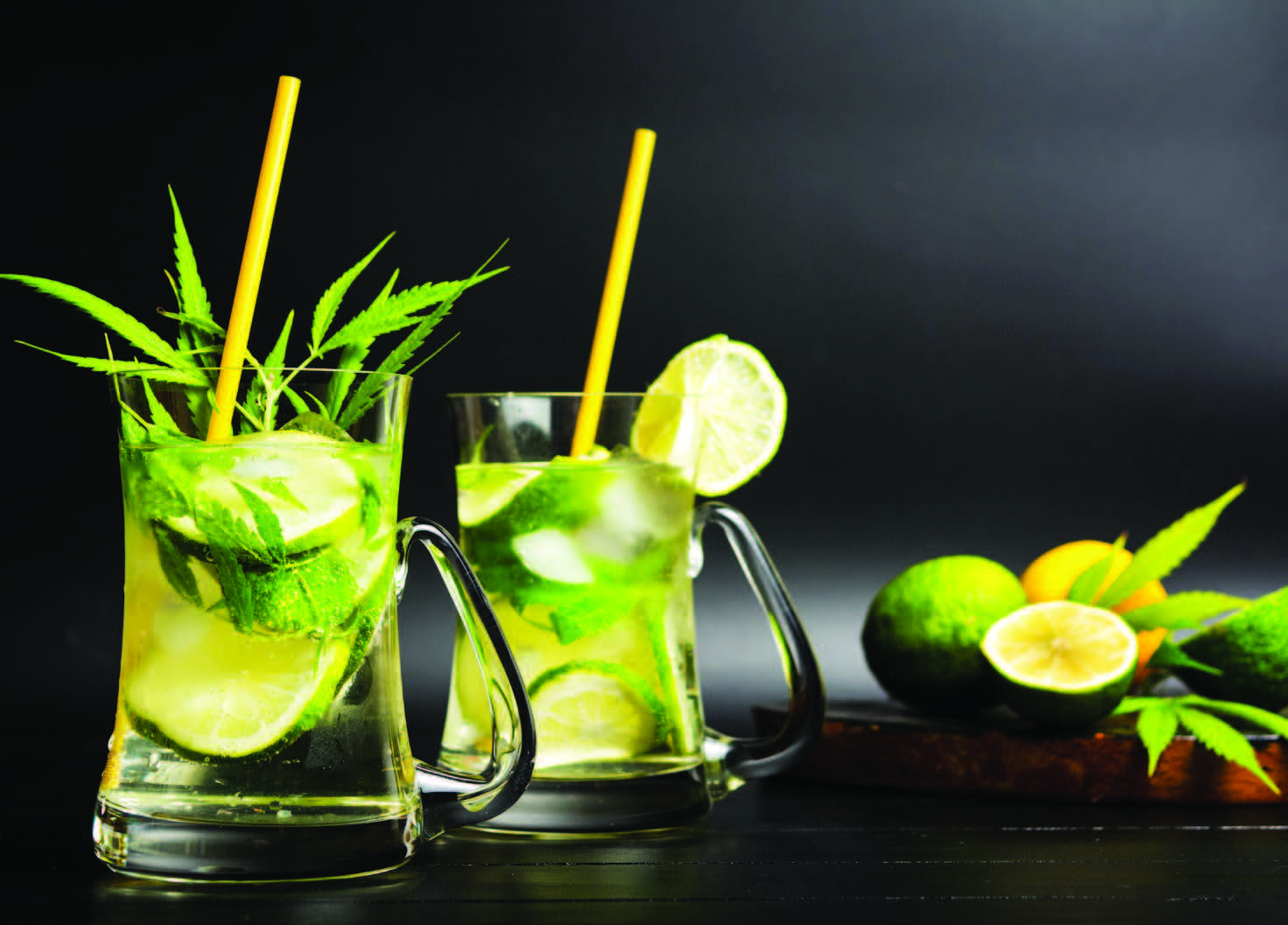In a polarizing world of ingredients, what should I eat?
As an avid foodie, I’m nutritionally agnostic. I’m well-informed and I even write for a popular nutrition blog, but I eat everything without subscribing to any particular dietary philosophy. I’m happy for people who find direction and meaning in Whole30, Keto, or Paleo programs, and I try my best to understand anyone who has cut out my beloved carbs (personally, I’ve never met a carb I didn’t love). But, in the end, I don’t pay much attention to what they say you should eat because I’m simply not into depriving myself.
Not to throw anyone under the bus or anything, but it’s the Dr. Oz’s of the world that turned me off from the whole scene. Come on. Any doctor that uses the words “magical weight loss solution” should technically be re-designated as a wizard instead of a medical doctor. It doesn’t help his case that the snake-oil he touts usually ends up being discredited by some authority or another. Don’t believe me? Just Google “Doctor Oz coconut oil” and you’ll read all about how “coconut oil super powers” turned into a cause of heart disease [Editor’s note: Don’t you dare shit-talk my beloved coconut oil; you can pry that from my cold, dead, artery-clogged hands. -AL].
There’s a certain amount of fear-mongering that comes with modern nutrition, and I’m sick of it. The headlines scream: Prevent obesity and diabetes by switching to a plant-based diet (despite the fact that no culture in history has ever subsisted on a vegan diet). Eat like the cavemen to live a longer, healthier life (wait, didn’t cavemen average 5 feet 5 inches tall and die around age 35?). Stay away from those fats – wait, no, fats are good for you again. It’s the carbs that will kill you – except for those found in sweet potatoes, of course. And don’t even get me started on gluten-free. Sorry… sorry… I know I’m completely offending SO MANY OF YOU, but unless you’re one of the 1-percent of the U.S. population with celiac disease or a wheat allergy, following a gluten-free diet probably sets you up for nutritional deficiencies.
In all of this, no one is talking positively about food. Eating is supposed to be a pleasurable experience, but newscasts and health magazines tend to inspire guilt and anxiety instead. Sadly, this panicked state isn’t exactly breaking news. In the ’60s, it was, “Eat margarine, not butter,” probably told to you by a doctor as he blew cigarette smoke in your face. The ’70s brought an avoidance of MSG (okay, that one is still hanging around out there), and the cholesterol content of eggs has been an ever-present conversation. Each of those trends has undergone some form of flip-floppery over the past few decades. All the while, we’re demonizing specific foods without getting any closer to understanding which ones are actually good for us.
This type of negative thinking has led to the many “xx-free” diets that deprive our bodies of necessary nutrients while simultaneously overloading them with others. If your macro-nutrients (fats, proteins, and carbohydrates) always equal 100-percent, you can imagine what happens when you reduce the percentage of one of them. The other two go up, which means there are no cuts without sacrifices. Gluten-free diets not only omit beneficial fiber and whole grains from your life, but the foods themselves are often packed full of sugars. Low-fat foods are loaded up with carbs to make them taste good, while high-protein-low-carb diets are incredibly rich in saturated (ahem, “bad”) fats.
And still, none of these omission diets actually answer the question of what we should eat. I’m not exactly a nutrition sorcerer like my friend Dr. O., but I’d like to think Michael Pollan said it best: “Eat food, not too much, mostly plants.” It’s uncomplicated, it doesn’t arouse fear, and it encourages you to put thought into what goes into your body. It allows you to choose your foods with a specific emphasis on real foods (you know, without long, unpronounceable ingredient lists). Anything made in a lab or that comes in a box – really, the entire middle section of the grocery store – should probably be in that “not too much” category.
So, stop depriving yourself of food-related joy and eat what your body craves. Find your own way into a balanced diet that works for you and your body type. Ideally, one that includes whole grains and complex carbohydrates, lean proteins, healthy fats, and lots (and lots) of fruits and vegetables. In the end, it’s everything in moderation, including moderation. Don’t be afraid to throw it all out every once in a while, and give into those cravings – you’ll probably find me doing the same as I (without shame) eat an entire extra-cheese pizza all to myself this weekend.
Lindsay D. Mattison is a professional chef and food writer living in Durango. She enjoys long walks in the woods, the simplicity of New York-style cheese pizza, and she’s completely addicted to Chapstick. Contact her at [email protected].













